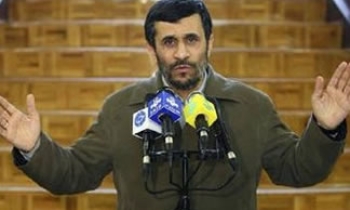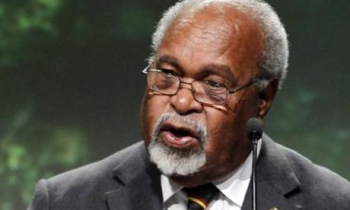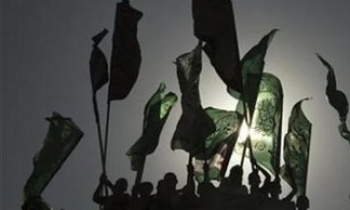BEIJING, Sept 12 (Reuters) - International press groups denounced new Chinese curbs on the dissemination of foreign news as a step backwards ahead of the 2008 Beijing Olympics, when thousands of journalists will descend on the country's capital.
The official Xinhua news agency announced rules on Sunday requiring foreign media to seek its approval with immediate effect to distribute news, pictures and graphics within China.
Warning against dissemination of news that endangers national security, sabotages national unification or promotes cults, the rules empower Xinhua to censor reports distributed in China by foreign media and to delete forbidden content.
The rules also seek to bar international financial information companies, including Reuters and Bloomberg LP, from selling news services directly to Chinese customers such as banks and brokerages.
"These new regulations on the distribution of foreign news are a step backward," Joel Simon, executive director of the New York-based Committee to Protect Journalists, said in a statement.
"It is greatly distressing that less than two years before the start of the Olympic Games in Beijing, the government is attempting to tighten its financial and political control over the flow of information in China."
On Monday the European Union criticised the curbs as a "very negative development" and vowed to raise the issue in human rights talks with Beijing.
The restrictions came days after a Chinese researcher of the New York Times was jailed for three years for fraud and a Hong Kong-based China correspondent of Singapore's Straits Times was sentenced to five years in prison for spying for Taiwan.
China's parliament is now deliberating on a bill that would fine domestic and foreign media if they broke news on natural disasters and other emergencies without authorisation.
China has a history of covering up emergency incidents, and news blackouts are regularly imposed by propaganda mandarins obsessed with control and nervous about the impact of such incidents on social stability and the ruling Communist Party.
British Olympics Minister Tessa Jowell said in Beijing last week before the new rules were announced that she would raise the issue of press freedom with Chinese Olympic organisers.
About 20,000 accredited media are due to descend on Beijing for the Olympics, and thousands more without access to the venues are expected to report from China during the games.
The Paris-based group Reporters Without Borders called for a joint reaction from the U.S., European and Japanese governments to China's attempt to curb the free flow of information.
"It is outrageous that Xinhua, the Communist Party mouthpiece, should claim full powers over news agencies," the group said. "Xinhua is establishing itself as a predator of both free enterprise and freedom of information.
"Part of Xinhua's motive seems to be (to) muscle in on a lucrative business that has eluded it until now," it said, adding that the rules were a "complete violation of China's commitments to the World Trade Organisation".
Foreign media companies have long been barred from selling general news services directly to Chinese media. However, foreign media companies have been allowed to sell financial news services directly to Chinese banks, brokerages and companies, which rely on this information to trade in global markets.
The rules dictate that Xinhua will conduct annual reviews to renew foreign media business licences. Violations can elicit warnings or a grace period to "correct mistakes".









